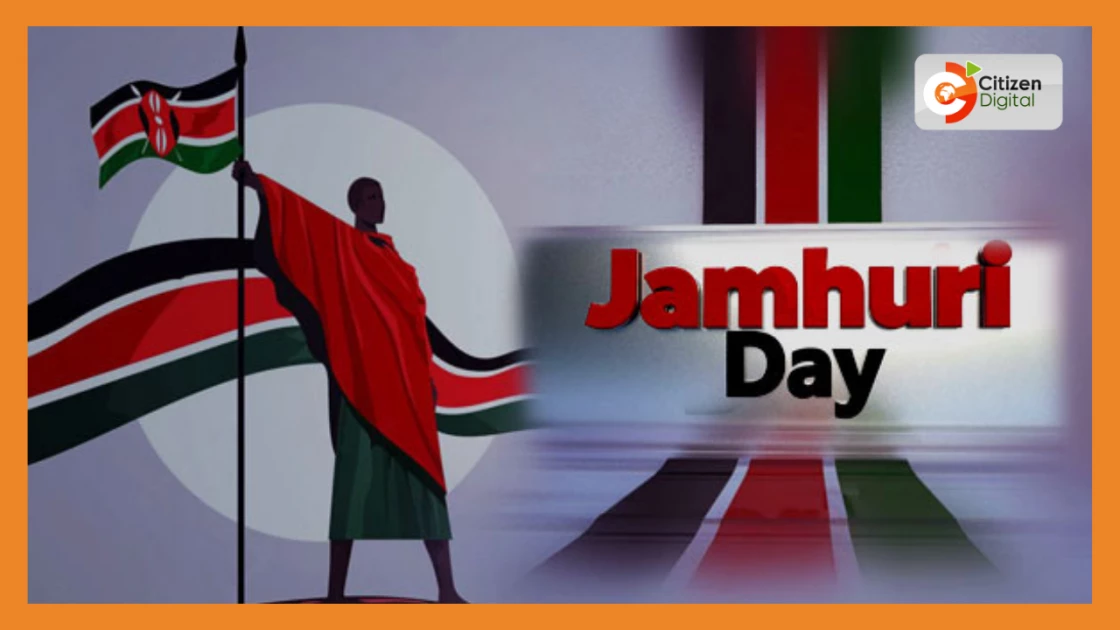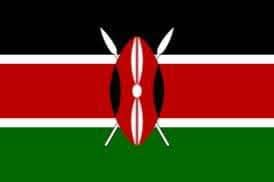Kenya Reaffirms Support for Somalia’s Sovereignty Nairobi, Kenya – May 26, 2025 — The Government…

Kenya At 60: Rating the Nation on Struggles Against Poverty, Disease, And Ignorance
By Moses Muli
Published Dec.13,2023 10:45(EAT)
Dealing with Poverty, Disease and Ignorance was the vision of the founding fathers for post independence Kenya.
As Kenya turns 60 years today, has the country lived up to that vision?
When Kenya got independence in 1963, the pioneer President Mzee Jomo Kenyatta declared war on three key issues; poverty, disease and ignorance, the pillars of the vision of the founding fathers for post-independence Kenya.
To eliminate ignorance, the plan was to ensure that every Kenyan child is educated.
“I have managed to built over 300 schools paid, controlled and financed by my people,” said the late President Mzee Kenyatta during his reign.
From the 7-4-2-3 system of education to the 8-4-4 system of education, to the 2-6-6-3 system under the Competency Based Curriculum (CBC), Kenya’s fight to kick out ignorance is captured in the journey of seeking reforms in the education sector which spans about 6 decades, a journey that is unfortunately far from over.
“Other issues that have been raised are the quality, relevance of this education and how it seeks to address our everyday problems,” Kenya National Commission on Human Rights (KNCHR) Deputy Director Petronella Mukaindo has said in the past.
“The world is changing and its becoming increasingly globalized so you can no longer be confined to your village you need the kind of skills that can enable you work anywhere in the absence of that we are training the kids for hopelessness,” added Horn of Africa Institute Director Dr. Hassan Khannenje.
Another barrier to access to education in colonial Kenya was the segregated system of schooling where European, Asian and black Kenyan children went to different schools.
Kenya today celebrates the liberalisation of the education sector through the abolition of segregation in schooling and the roll out of free primary education in 2003. However, racial segregation has been replaced by economic segregation…
“What has been achieved by the past two presidents must be applauded and we must sustain that but what we are seeing today is totally different. We are seeing education become a preserve for the rich. And that is something that we have to stand up in arms against,” said Angel Mbuthia, Chairperson, Jubilee Youth League.
President William Ruto, in his Jamhuri Day speech, acknowledged that the country’s GDP has grown by up to 5.4% in the last 6 months but the real impact of this economic growth is yet to be fully realised by thousands of Kenyans still living below the poverty line and struggling to attain economic freedom 60 years since Kenya attained independence.
Experts are also warning against what they term modern-day colonisation through punitive tax structures and levies.
“Issues to do with taxes and creating barrier after barrier for a young Kenyan to survive has been the order of the day. If we talk about ID registration and renewal in three to four digits how much can a young person afford? This could be a sunrise of dark days in this country and we need to ensure that that does not happen,” said Mukaindo.
Transformation of the health sector has also remained a top agenda for every regime yet some inefficiencies and inequities that characterized the system right from the time of independence in 1963 still exist. Challenges that have made the burden of disease heavier for Kenyans.
“If you look at our county referral hospitals there is still a lot that needs to be done in terms of healthcare financing, in terms of quality, drugs, equipment, in terms of achieving the recommended doctor-patient and nurse-to-patient ratio,” added Mukaindo.
The passionate vision of the founding fathers has also been muzzled by poor governance structures and ills like corruption and hunger for power
“The dreams of eradicating disease, poverty and ignorance, dreams of creating Kenya that was more equitable and just and fair, creating a prosperous nation, those dreams were soon confronted by the nightmares of nepotism, corruption, ethnicity, personal rule and authoritarianism,” said Khannenje.



This Post Has 0 Comments